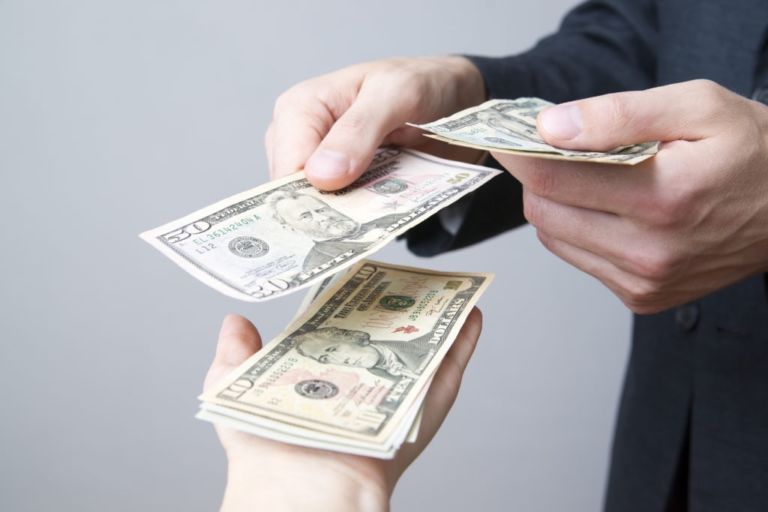The introduction to my report on Carolina Cronyism defined cronyism in its various forms. Those forms run the gamut from incentives to disincentives, outright favoritism to blocking competitors, public choice problems to media disinterest and more.
One of the forms of cronyism is that of the captured regulator. It’s a pernicious failed safeguard that cloaks corruption in the guise of government oversight.
The concept of regulatory capture originated from economist George Stigler. The Library of Economics and Liberty described just how influential Stigler’s insight was:
Did governments regulate industries, as many had believed, to reduce the harmful effects of monopoly? Stigler did not think so. In a seminal 1971 article, “The Theory of Economic Regulation,” he presented and gave evidence for his “capture theory.” Stigler argued that governments do not end up creating monopoly in industries by accident. Rather, he wrote, they regulate at the behest of producers who “capture” the regulatory agency and use regulation to prevent competition. Probably more important than the evidence itself was the fact that Stigler made this viewpoint respectable in the economics profession. It has now become the mainstream view.
Stigler’s general rule was simply put: “regulation is acquired by the industry and is designed and operated primarily for its benefit.”
It comes from an economist’s understanding that people are people — they don’t change when one is put in charge of a business and another is put in charge of government oversight. They still make choices based on perceived costs and benefits to themselves.
The problem of the captured regulator is a public choice problem. It’s why I am especially suspicious of “stakeholder” processes. Watch how self-interest and the perceived costs and benefits to each person — voter, special interest, and policymakers — play out:
Voters face relatively high costs for the small benefit from staying highly informed about government. Any policy that benefits special interests doesn’t cost each voter very much by itself (as opposed to the cumulative cost of policies favoring special interest).
So voters, acting out of their own self-interest and best use of their resources, tend to be relatively ignorant about all the ins and outs of government and lawmaking.
It’s different for special interests. The benefits they receive from favorable laws areconcentrated and large, and so are the costs to them from losing such laws. So acting out of self-interest and best use of their time and money, they tend to be involved in lobbying, informing, and seeking to influence public policy.
There’s another group involved, too, and they are also acting out of their own self-interest: the politicians making the laws. They tend to hear most from (and benefit most from) the special interests. They’re unlikely to hear much from everyone else, who stand to lose just a little as special interests gain a lot.
Policymakers sometimes call the special interests “stakeholders” in terms of policy matters. It’s a nod to the groups’ self-interest, or stake, in an issue. But they tend to ignore the largest group of stakeholders: the citizen themselves.
A note on “stakeholders,” as defined by policymakers and special interests
The term “stakeholder” is misleading. If you have a business interest is in the regulated industry, you’re considered a stakeholder. If you’re an ordinary person going about your daily business working, living, and paying taxes and bills, you’re not. Even if there is a “consumer advocate” involved, their single voice is given equal weight to the chorus of all the many other, lesser stakeholders involved.
If democracy is two wolves and a lamb voting on what’s for lunch, then regulation via “stakeholders” is a wolf, a coyote, a lion, a jackal, and a lamb choosing whose constituency bears which costs of providing dinner.


